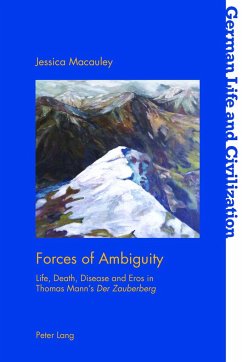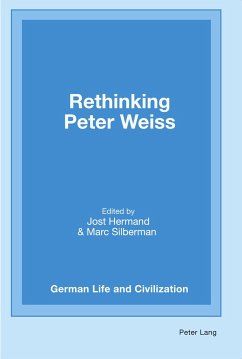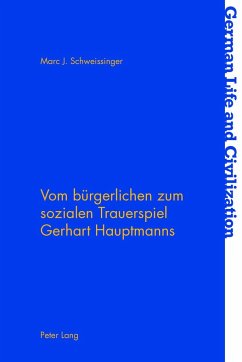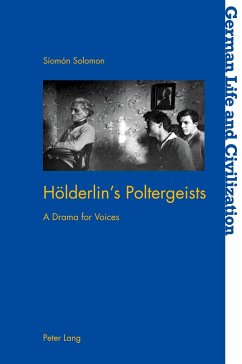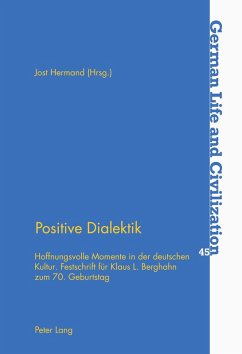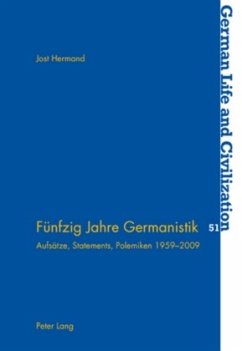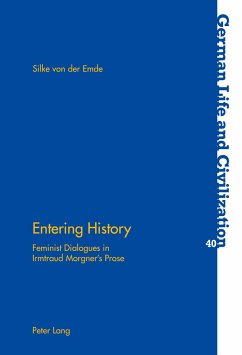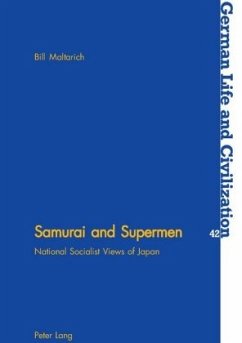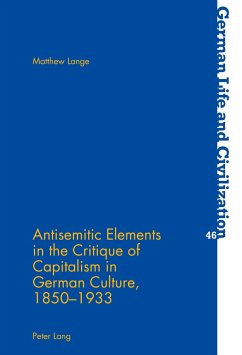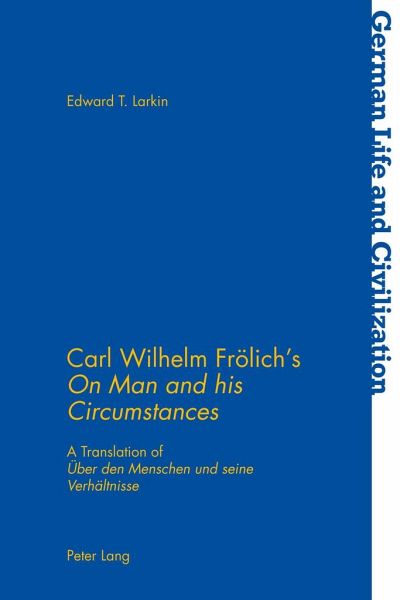
Carl Wilhelm Frölich's 'On Man and his Circumstances'
A Translation of 'Über den Menschen und seine Verhältnisse'
Versandkostenfrei!
Versandfertig in 6-10 Tagen
80,20 €
inkl. MwSt.
Weitere Ausgaben:

PAYBACK Punkte
0 °P sammeln!
This book includes both the original German version and, for the first time, an English translation of Carl Wilhelm Frölich's important essay of 1792, which Georg Foster praised as «one of the rarest creations of our time, the work of a young, right-thinking and sensitive man.» Published anonymously, Frölich's treatise consists of ten Platonic-like dialogues between Erast and Philemon, the central interlocutor, and four interspersed reflections. In response to Erast's opening question - «What! I should not educate my children for the state? Does a teacher have a higher, nobler purpose?» ...
This book includes both the original German version and, for the first time, an English translation of Carl Wilhelm Frölich's important essay of 1792, which Georg Foster praised as «one of the rarest creations of our time, the work of a young, right-thinking and sensitive man.» Published anonymously, Frölich's treatise consists of ten Platonic-like dialogues between Erast and Philemon, the central interlocutor, and four interspersed reflections. In response to Erast's opening question - «What! I should not educate my children for the state? Does a teacher have a higher, nobler purpose?» - Frölich/Philemon addresses the major concerns of the late eighteenth century from the vantage point of materialist ethics: the path toward happiness, natural and conventional feelings, truth and propriety, human freedom, active and passive education, nature and morality, virtue and justice, legislation and social behavior, reason and religion, and the requirements of a good teacher. Underlying all of these concerns is Frölich's belief that social circumstances significantly determine individual happiness. If humanity is to become happier, these circumstances must be changed via pupil-oriented education and opposition to private property with its dehumanizing profit system. Frölich represents a unique voice in the conversation on human perfectibility in eighteenth-century German intellectual history.




